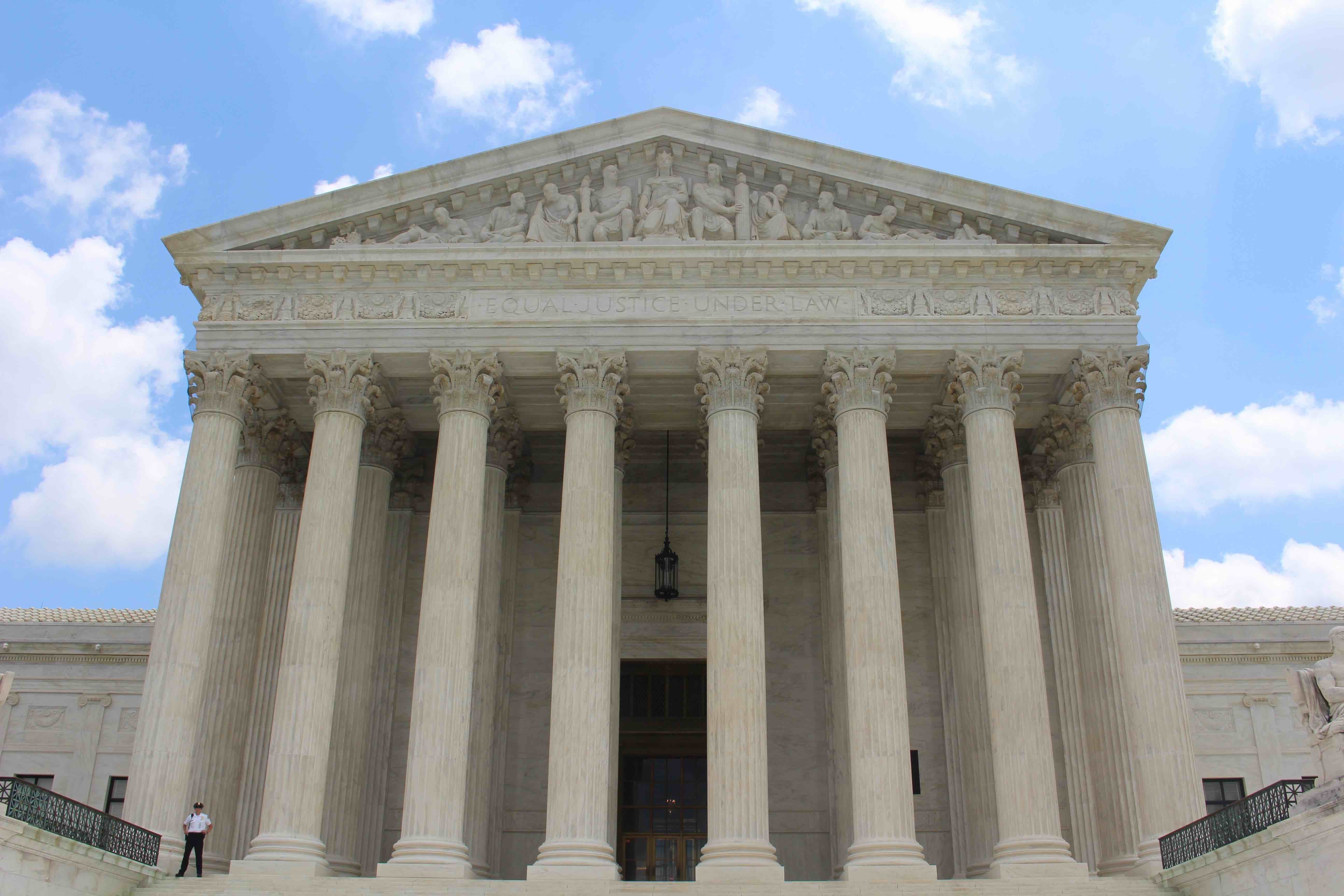
Justice Neil Gorsuch didn't set out to make the immigration law community happy, but he did so when he sided in part with the Supreme Court's liberal wing Tuesday. In Sessions v. Dimaya, he argued that the federal law used to deport immigrants—including with legal status—was too vague as it relied on the nebulous phrase “crimes of violence.”
“Vague laws invite arbitrary power,” he wrote in a concurring opinion. “They can invite the exercise of arbitrary power … by leaving the people in the dark about what the law demands and allowing prosecutors and courts to make it up.”
James Garcia Dimaya was born in the Philippines but came to the United States in 1992 at age 13. He became a lawful permanent resident but was arrested and sent to prison for robbing empty houses in 2007 and 2009. The Board of Immigration Appeals (BIA) considered the burglaries to be aggravated felonies, which carry mandatory deportation as a penalty. Although the houses were empty, the BIA considered the robberies to be “crimes of violence.” The Immigration and Nationality Act defines a crime of violence as acts “a felony … that, by its nature, involves a substantial risk that physical force against the person or property of another may be used in the course of committing the offense.”
Appeals court judges didn’t see Dimaya’s offenses [robberies?] as a crime of violence. In 2015, the Ninth Circuit Court of Appeals upheld Dimaya’s contention that the phrase didn’t give “fair notice” of the conduct the law prohibits. At the time, the court drew heavily on Johnson v. United States, a case the Supreme Court decided by an 8-1 margin earlier that year. In Johnson v. United States, a similarly vague phrase—“violent felony”—in the Armed Career Criminal Act was ruled to violate due process because it was similarly unclear in the behavior it covered. Justice Antonin Scalia argued in his opinion that gun possession was not by itself evidence of a violent crime, and on Tuesday, Justice Elena Kagan pointed to Johnson as well in her opinion for the majority in Sessions v. Dimaya. “Johnson is a straightforward decision, with equally straightforward application,” she wrote.
Gorsuch did not, however, simply join the majority. Kagan’s opinion built on the distinction between criminal and civil punishments, and the fact that deportation is a civil one. As Dara Lind wrote at Vox.com, “There’s Supreme Court precedent that the federal government should get more of the benefit of the doubt over due process questions in civil law than in criminal law, presumably because civil law doesn’t pose as serious a threat to an individual’s life and liberty,” but Kagan contended that the severity of the punishment in deportation cases meant that due process issues must be respected.
Gorsuch didn’t see the criminal law/civil law distinction as meaningful, pointing out the many similarly devastating penalties that exist in the civil law realm in addition to deportation. He wrote:
Today’s “civil” penalties include confiscatory rather than compensatory fines, forfeiture provisions that allow homes to be taken, remedies that strip persons of their professional licenses and livelihoods, and the power to commit persons against their will indefinitely. Some of these penalties are routinely imposed and are routinely graver than those associated with misdemeanor crimes—and often harsher than the punishment for felonies.
His concern was that the vague “crimes of violence” made it too easy for the government to impose such punishments, but too much shouldn’t be read into Gorsuch joining Kagan, Ruth Bader Ginsburg, Stephen, Breyer, and Sonia Sotomayor in the 5-4 decision. Gorsuch’s opinion did not identify him as someone sensitive to immigration law issues but as someone wary of the government and its exercises of power. Still, the decision is consequential, and it feels more so after the efforts of the Trump Administration of late that, taken as a whole, seem designed to make deportation easier and faster. As Mark Joseph Stern wrote for Salon.com, “the Supreme Court struck a blow against the federal government’s deportation regime, invalidating a key provision of a statute often used to expel legal immigrants living in the United States.”
For more on recent changes in the immigration courts, see our analyses of the current administration's actions, including efforts to establish quotas for closing cases, ending "catch and release," and suspending the Legal Orientation Program.
Are you having legal issues with Immigration? Do you need legal representation?